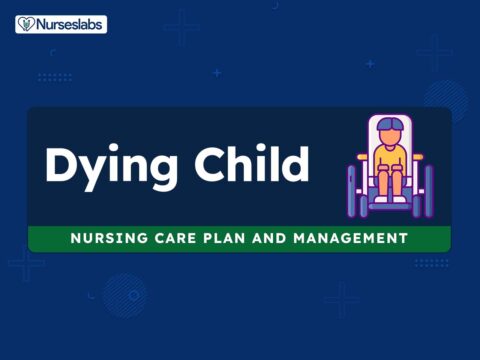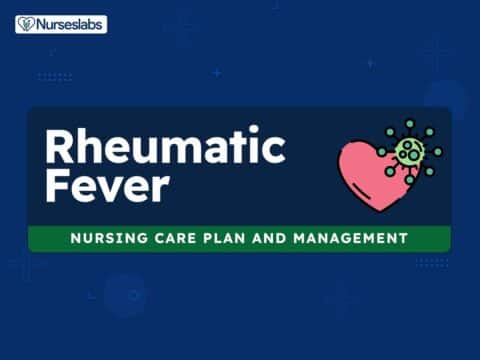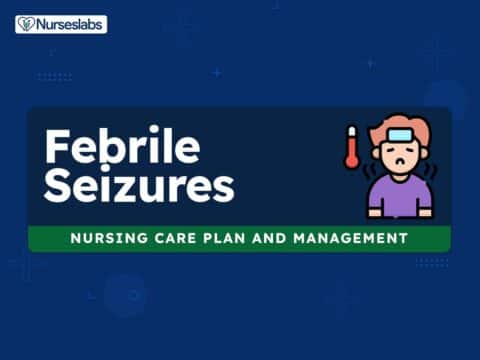3 Dying Child Nursing Care Plans
Caring for a dying child is one of the most challenging experiences a nurse can face. As a nurse, it is essential to provide compassionate and effective care to both the child and their family during this difficult time.









